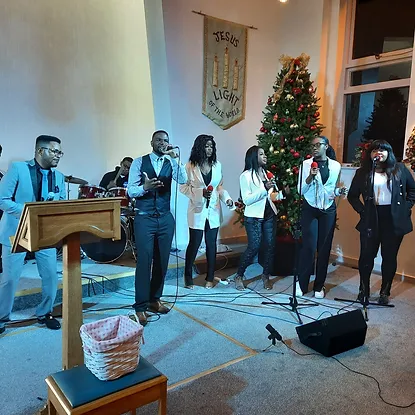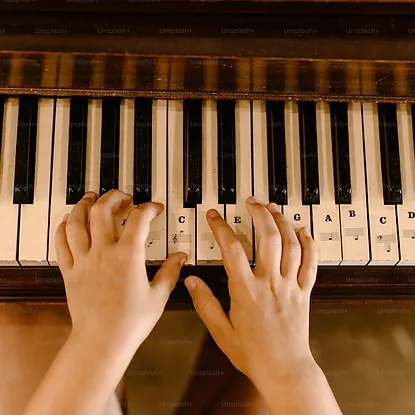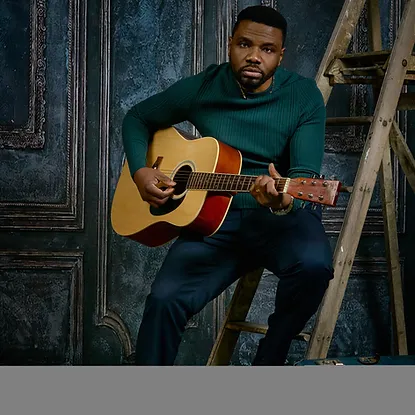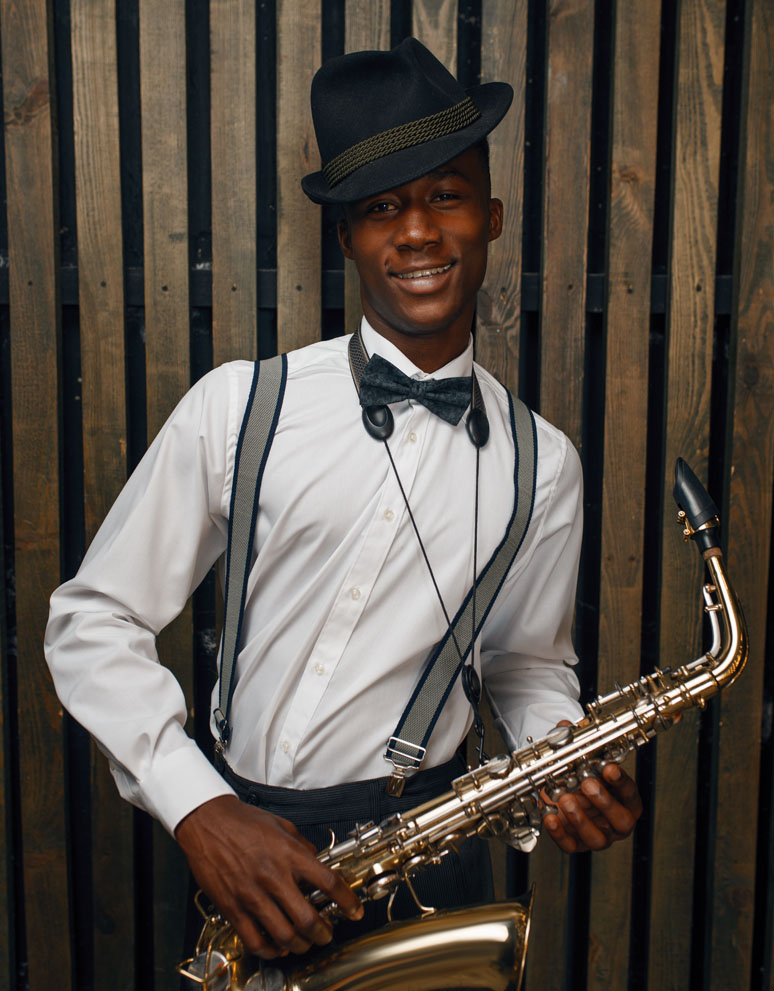MUSIC LEADERSHIP
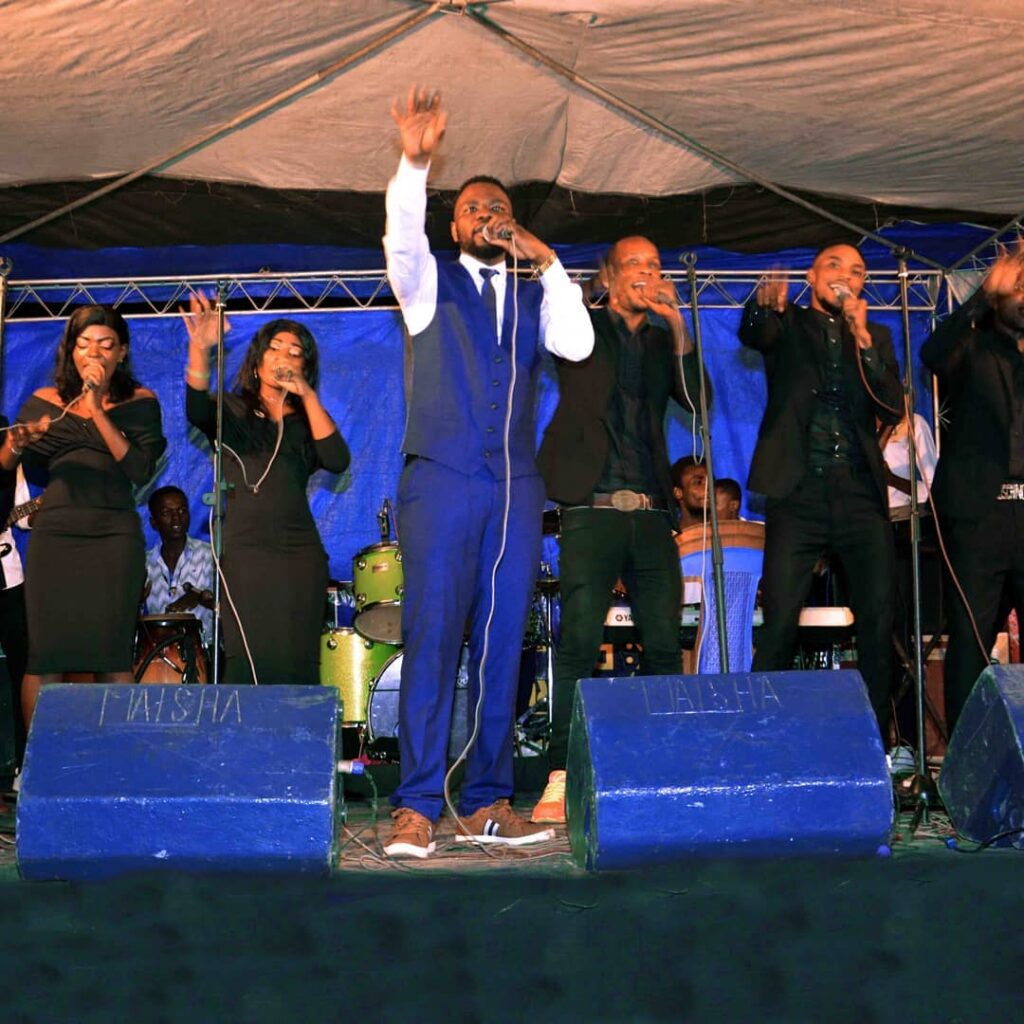
We developed our methodology for music leadership through 10 years of experience making music with people affected by conflict. It is an adaptive methodology, responding to needs and culture.
The approach has been used in our programs in the Democratic Republic of Congo, and in United Kingdom where we are based.
We have a full training curriculum to share our approach in programs and in courses with musicians, activists, and community leaders.
Methodology: Music leaders use their skills to conduct activities like singing, song-writing, movement and dance, rhythm, and games to engage with communities affected by violence and conflict. Whether making music with one person or with a group of a thousand, the methodology canters on providing the following:
- Safe spaces for participants,
- Experiences of inclusion,
- Opportunities for creativity,
- Equal treatment for all group members,
- High quality music-making.

